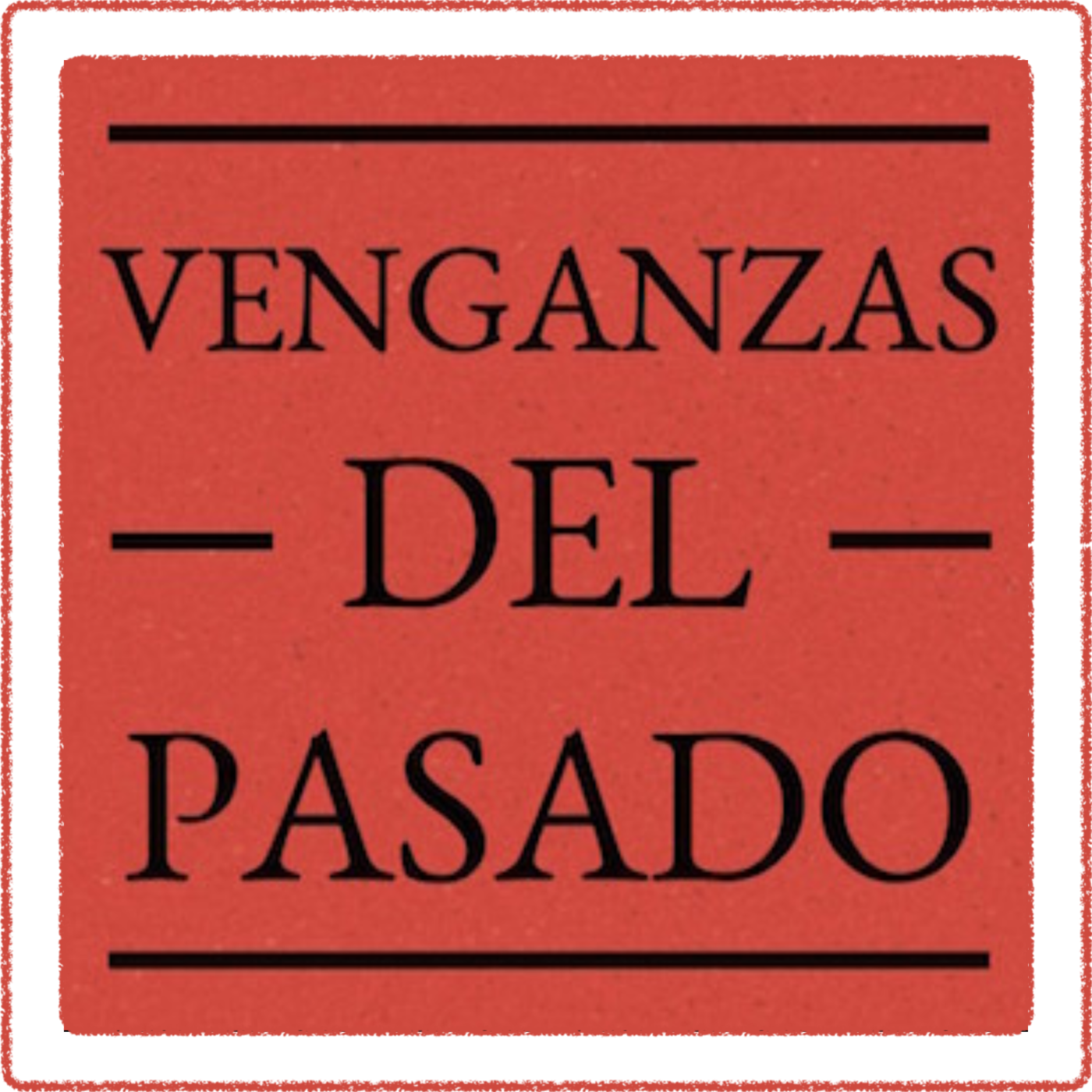MCMP Mathematical Philosophy (Archive 2011/12)Author: MCMP Team
Mathematical Philosophy - the application of logical and mathematical methods in philosophy - is about to experience a tremendous boom in various areas of philosophy. At the new Munich Center for Mathematical Philosophy, which is funded mostly by the German Alexander von Humboldt Foundation, philosophical research will be carried out mathematically, that is, by means of methods that are very close to those used by the scientists. The purpose of doing philosophy in this way is not to reduce philosophy to mathematics or to natural science in any sense; rather mathematics is applied in order to derive philosophical conclusions from philosophical assumptions, just as in physics mathematical methods are used to derive physical predictions from physical laws. Nor is the idea of mathematical philosophy to dismiss any of the ancient questions of philosophy as irrelevant or senseless: although modern mathematical philosophy owes a lot to the heritage of the Vienna and Berlin Circles of Logical Empiricism, unlike the Logical Empiricists most mathematical philosophers today are driven by the same traditional questions about truth, knowledge, rationality, the nature of objects, morality, and the like, which were driving the classical philosophers, and no area of traditional philosophy is taken to be intrinsically misguided or confused anymore. It is just that some of the traditional questions of philosophy can be made much clearer and much more precise in logical-mathematical terms, for some of these questions answers can be given by means of mathematical proofs or models, and on this basis new and more concrete philosophical questions emerge. This may then lead to philosophical progress, and ultimately that is the goal of the Center. Language: en Genres: Philosophy, Society & Culture Contact email: Get it Feed URL: Get it iTunes ID: Get it |
Listen Now...
Adaptive Logics: Introduction, Applications, Computational Aspects and Recent Developments
Episode 160
Monday, 22 April, 2019
Peter Verdée (Ghent) gives a talk at the MCMP Colloquium (8 Feb, 2012) titled "Adaptive Logics: Introduction, Applications, Computational Aspects and Recent Developments". Abstract: Peter Verd ́ee (peter.verdee@ugent.be) Centre for Logic and Philosophy of Science Ghent University, Belgium In this talk I give a thorough introduction to adaptive logics (cf. [1, 2, 3]). Adaptive logics are first devised by Diderik Batens and are now the main research area of the logicians in the Centre for Logic and Philosophy of Science in Ghent. First I explain the main purpose of adaptive logics: formalizing defea- sible reasoning in a unified way aiming at a normative account of fallible rationality. I give an informal characterization of what we mean by the notion ‘defeasible reasoning’ and explain why it is useful and interesting to formalize this type of reasoning by means of logics. Then I present the technical machinery of the so called standard format of adaptive logics. The standard format is a general way to define adaptive logics from three basic variables. Most existing adaptive logics can be defined within this format. It immediately provides the logics with a dynamic proof theory, a selection semantics and a number of important meta-theoretic properties. I proceed by giving some popular concrete examples of adaptive logics in standard form. I quickly introduce inconsistency adaptive logics, adap- tive logics for induction and adaptive logics for reasoning with plausible knowledge/beliefs. Next I present some computational results on adaptive logics. The adap- tive consequence relation are in general rather complex (I proved that there are recursive premise sets such that their adaptive consequence sets are Π1- complex – cf. [4]). However, I argue that this does not harm the naturalistic aims of adaptive logics, given a specific view on the relation between actual reasoning and adaptive logics. Finally, two interesting recent developments are presented: (1) Lexi- cographic adaptive logics. They fall outside of the scope of the standard format, but have similar properties and are able to handle prioritized infor- mation. (2) Adaptive set theories. Such theories start form the unrestricted comprehension axiom scheme but are strong enough to serve as a foundation for an interesting part of classical mathematics, by treating the paradoxes in a novel, defeasible way.








